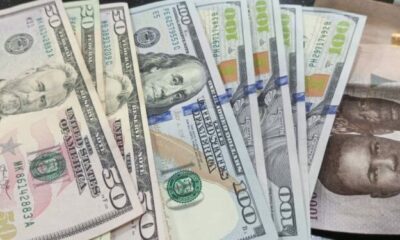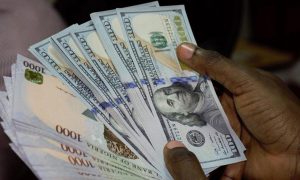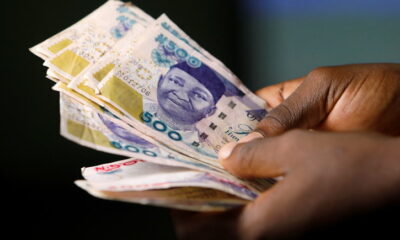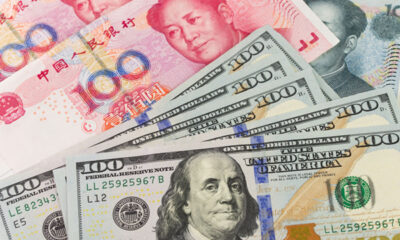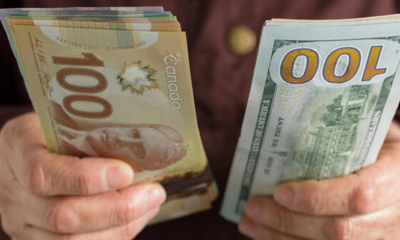Latest News
Ghana Cedi lost nearly 50% against US dollar since January
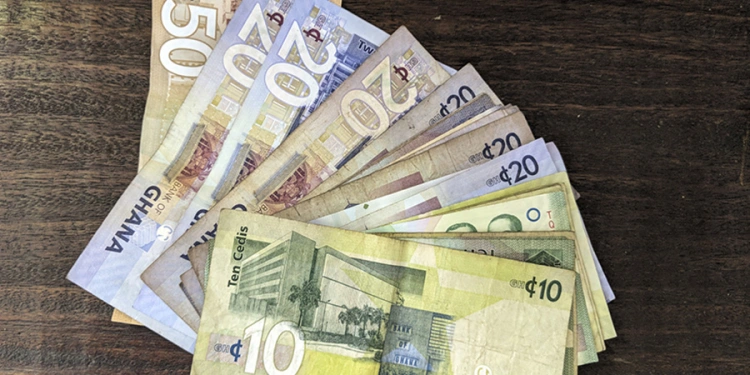
The Ghanaian cedi has dropped by a whopping 47.10% against the US dollar since the start of the year.
Since January, the cedi has rapidly depreciated against the US dollar, making it the world’s second-worst performing currency after the Sri Lankan rupee.
Also, Ghana’s inflation advanced faster than projected in July, as the value of the cedi fell, raising the cost of imported products such as cooking oil and gasoline.
What you should know
- At the time of writing this article, the Ghana Cedi was trading against the US dollar at 8.8995, indicating a YTD decline of 47.10%, and a 10% drop within a month.
- The central bank unleashed the most aggressive tightening of monetary policy, pushing the interest rate to 19% from 17% to stop the fall of the Ghanaian local currency and rising inflation.
- Surprisingly, the headline inflation rate in Ghana increased to 31.7% in July 2022 from the previous month’s 29.8%. Despite efforts by the central bank to contain the increasing inflation, the purchasing power of Ghanaians has continued to decline.
Nonetheless, price pressures are expected to start easing as Ghana approaches its harvest season and the cost of wheat and other global commodities declines. However, the central bank may be persuaded to raise the cost of borrowing further next month if the cedi continues to depreciate.
The conflict between Russia and Ukraine has had a substantial impact on Ghana’s exchange rate, particularly in the construction, agriculture, and international trade sectors. Russia and Ukraine accounted for around 2.5% of Ghana’s total non-oil imports and 0.4% of Ghana’s total exports.




